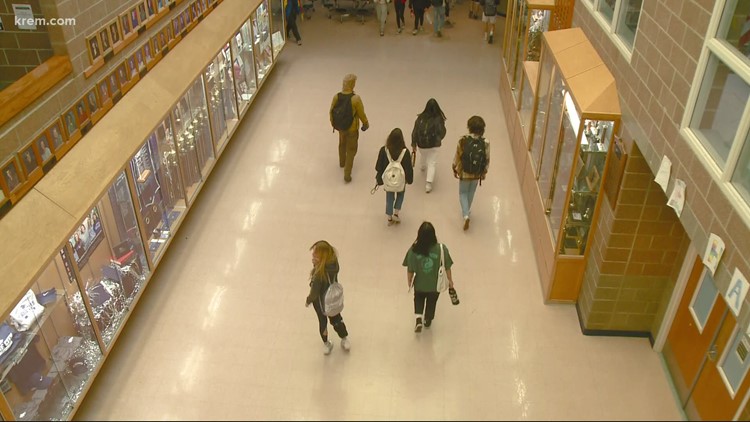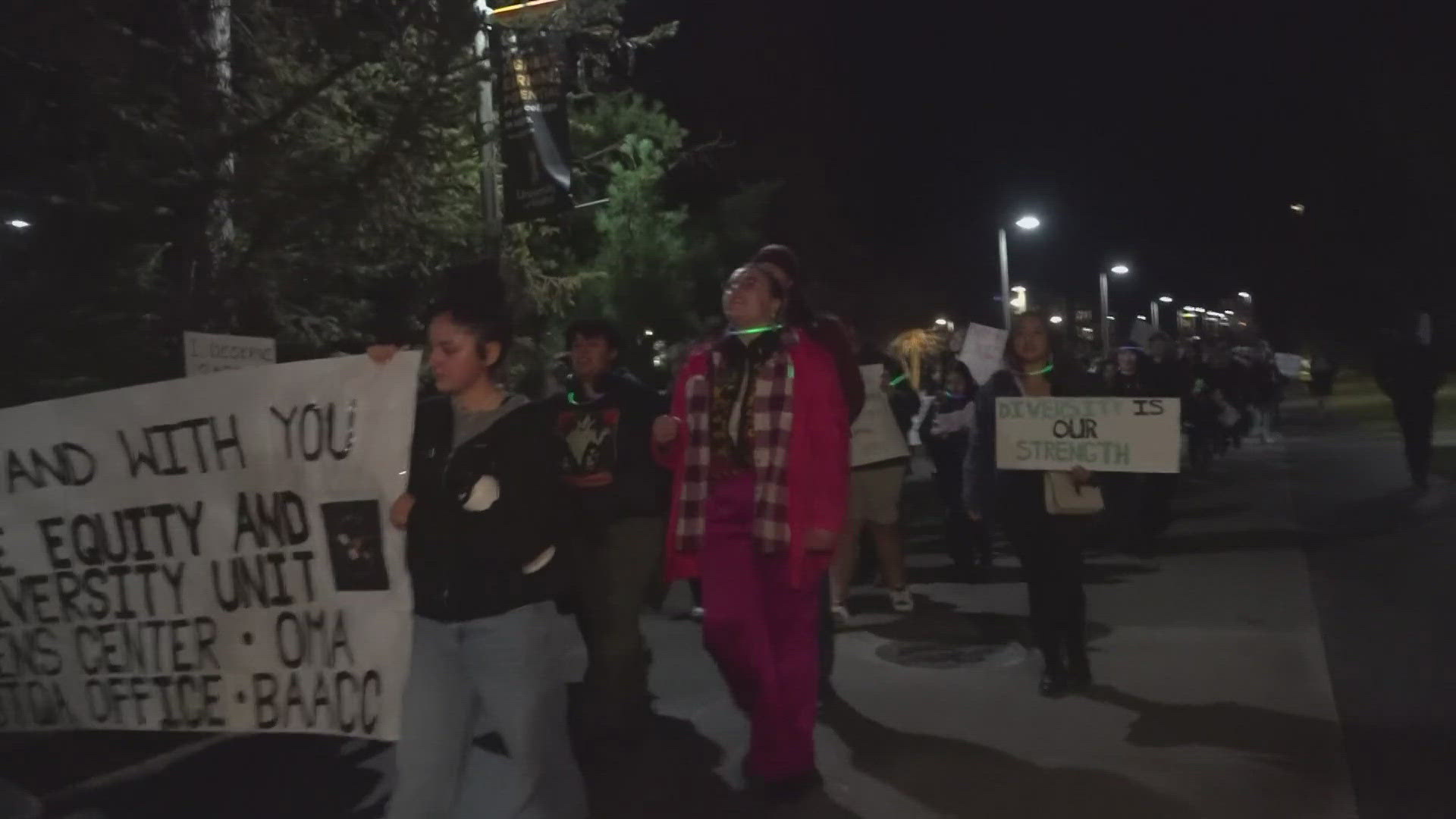OLYMPIA, Wash. — Superintendent of Public Instruction Chris Reykdal provided updates about his vision for transforming the last two years of high school at the Public Instruction headquarters in Olympia this week.
During the news conference, Reykdal provided information about Washington K-12 school's public education system, including students' mental health, well-being, graduation rates, and assessment data.
He also gave his vision for changes to high school, support for educators, and new investments to support students.
“Over the past two years, our students, educators, and schools have had to be very flexible,” Reykdal said. “We have learned so much throughout the pandemic and we need to seize this opportunity to make the change needed to support the success of each and every one of our students."
As COVID-19 cases are increasing statewide, Reykdal said some school districts may need to temporarily switch to remote learning this year. However, he added that school closures due to COVID-19 are not expected for the 2022 school year.
Reykdal mentioned that students' test scores decreased across the state due to the pandemic in the last two years, and another state test is expected for the spring. Despite low scores, the graduation rate for the class of 2021 remained steady at 82.5%, with only a 0.4% decline from the class of 2020.
During the conference, Reykdal also covered students' mental health after the COVID-19 pandemic, with many students having experienced isolation, loss of their loved ones, and the challenge of adjusting to new ways of learning. The Office of the Superintendent of Public Instruction (OSPI) requested additional investments for staff dedicated to supporting students’ physical and mental health, learning recovery and acceleration from the state legislature.
Reykdal also mentioned that as schools are becoming more diverse, OSPI will continue to advocate for evidence-based strategies to recruit and retain educators of color. Washington schools are also making progress in other areas, including the expansion of dual-language programs and rethinking school calendars to better meet student needs.
As shown by annual national analysis, Washington is rapidly approaching the national average in funding efforts for schools, with 3.23% of gross state product (GSP) spent on public education, from the 3.45% national average.
OSPI requested a bill for this legislative session to provide flexibility over credit requirements to students in grades 11 and 12.



